- Arakan Army tightens security along Arakan-Bangladesh border
- Arakan in 2025: Control Without Peace, Governance Under Fire, and the Deepening Civilian Crisis
- Bangladesh, Arakan Army hold talks on border security
- Water shortages worsen for displaced people in Kyaukphyu amid fighting
- Fighting, disasters threaten Thazin flower cultivation in Arakan State
ICRC provides several seed types to farmers in some Arakan State townships
The International Committee of the Red Cross (ICRC) is providing nine types of agricultural seeds to farmers in some Arakan State townships who have had difficulty growing winter crops.
25 Feb 2022
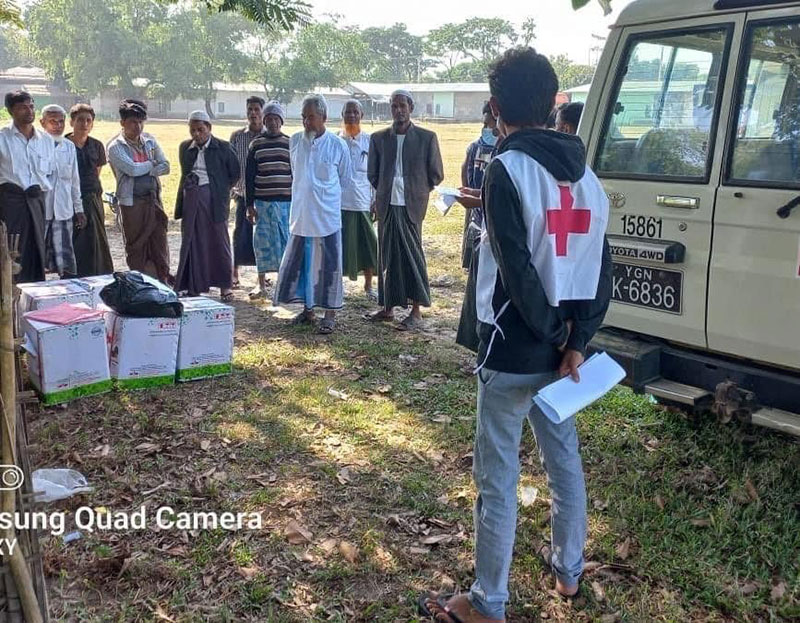
DMG Newsroom
25 February 2022, Sittwe
The International Committee of the Red Cross (ICRC) is providing nine types of agricultural seeds to farmers in some Arakan State townships who have had difficulty growing winter crops.
The distribution includes tomato, eggplant, ridge gourd, green beans, gourd, lady’s fingers and chilli seeds to 6,500 households in 50 village-tracts of Buthidaung and Maungdaw townships.
In an email to DMG, the ICRC said the agricultural provisions were distributed to make it easier for those who have difficulty purchasing seeds due to currently high commodity prices.
“Some farmers cannot afford to buy the seeds because of the high price of vegetable seeds. So our goal is simple. The aim is for the community to have access to high-quality and guaranteed crop seeds,” the ICRC said.
Plans are underway to expand the seed distribution initiative to central Arakan State and Rathedaung Township.
Mu Eula, a farmer from Thayetouk village in Maungdaw Township, told DMG that he had already received agricultural seeds provided by the ICRC and was cultivating them.
“The ICRC provided seeds to farmers in the village in the last week of January,” he said. “With this support, the poor like us will not have to spend as much money to buy vegetables as before. In the past, there were fields but no seeds to grow. Now the villagers are planting vegetables with the seeds provided by the ICRC.”
Winter crops such as eggplant, potato, chili, cucumber, groundnut, watermelon, cabbage and green bean are mainly grown in Arakan State’s Ponnagyun, Kyauktaw, Mrauk-U, Maungdaw, Buthidaung and Minbya townships.
Although the situation in Arakan State has remained relatively stable since the coup, winter crop farmers have struggled as a result of rising commodity prices.
Last year, the acreage of winter crops in Arakan State was reduced by 60%, according to the Arakan Farmers’ Union.




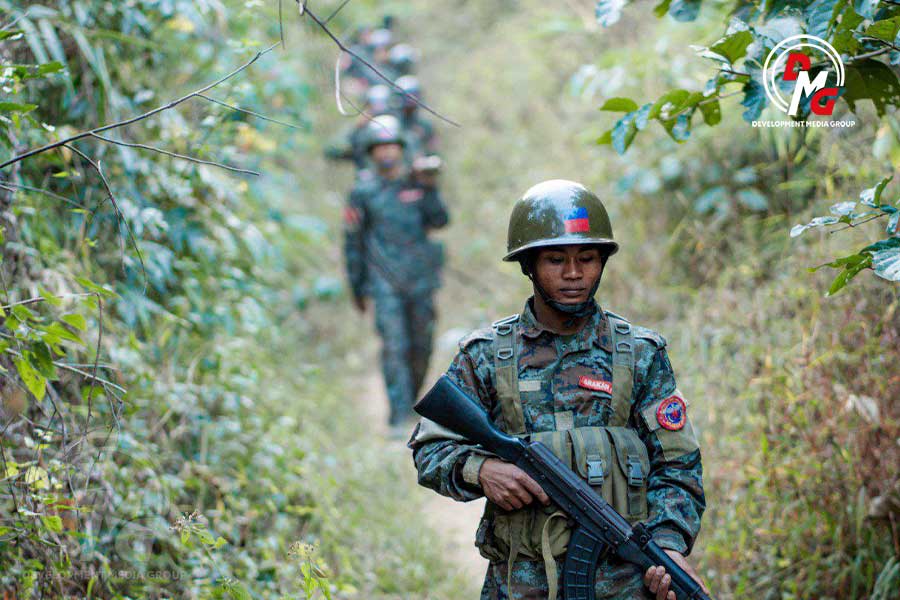

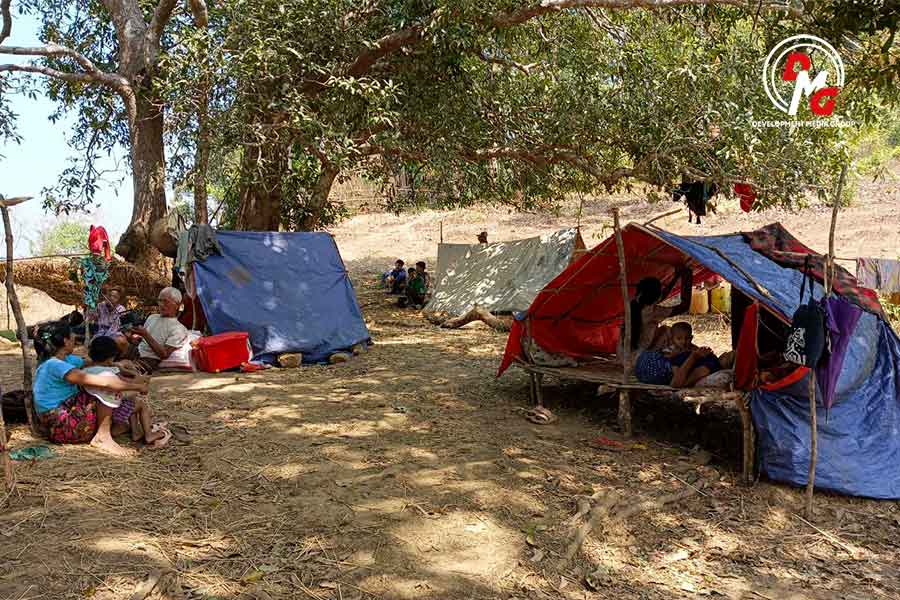
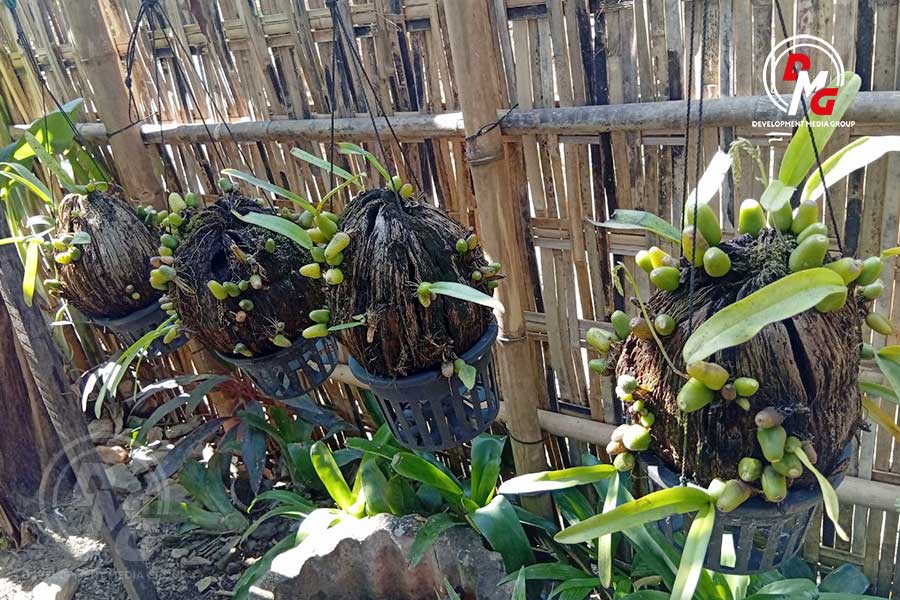
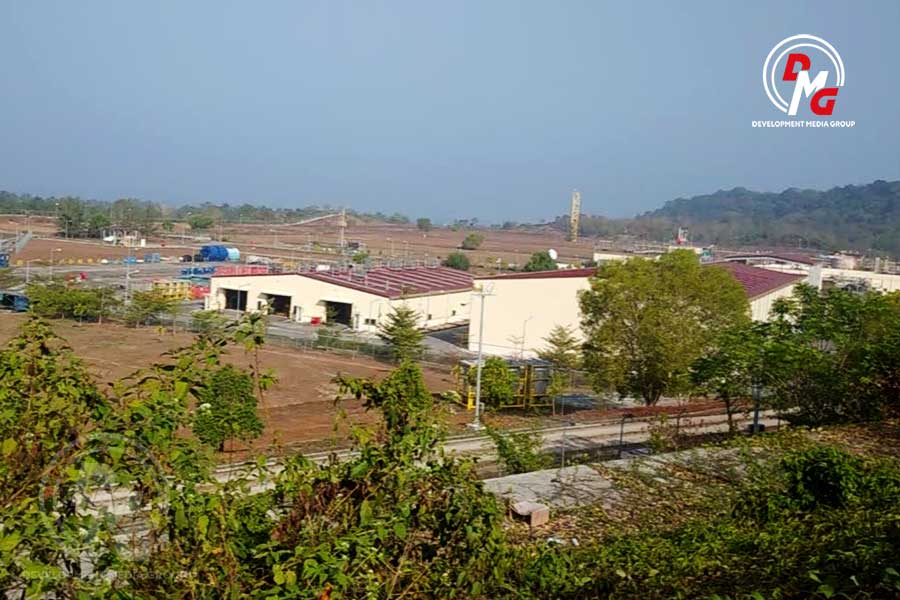





.jpg)


